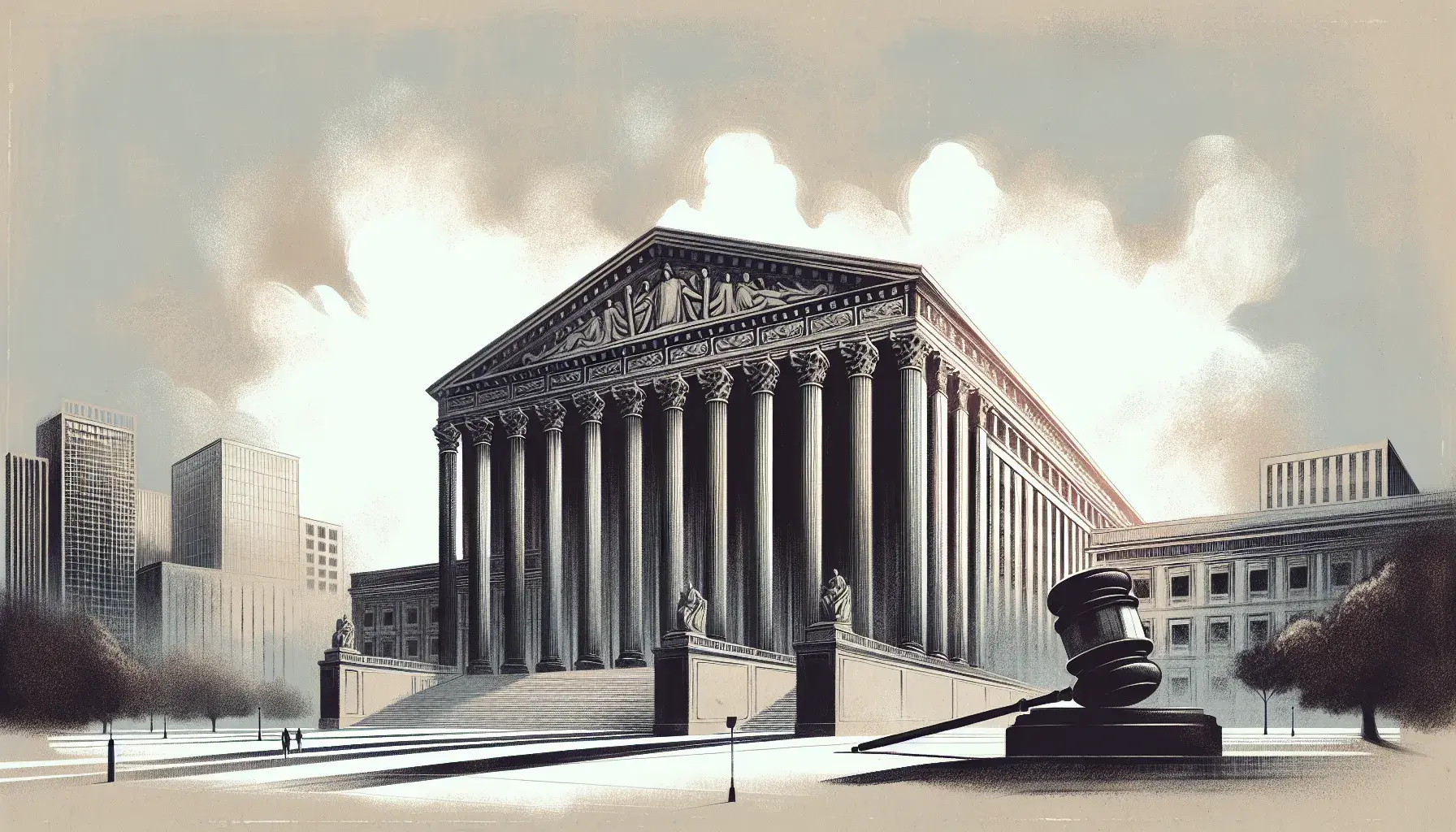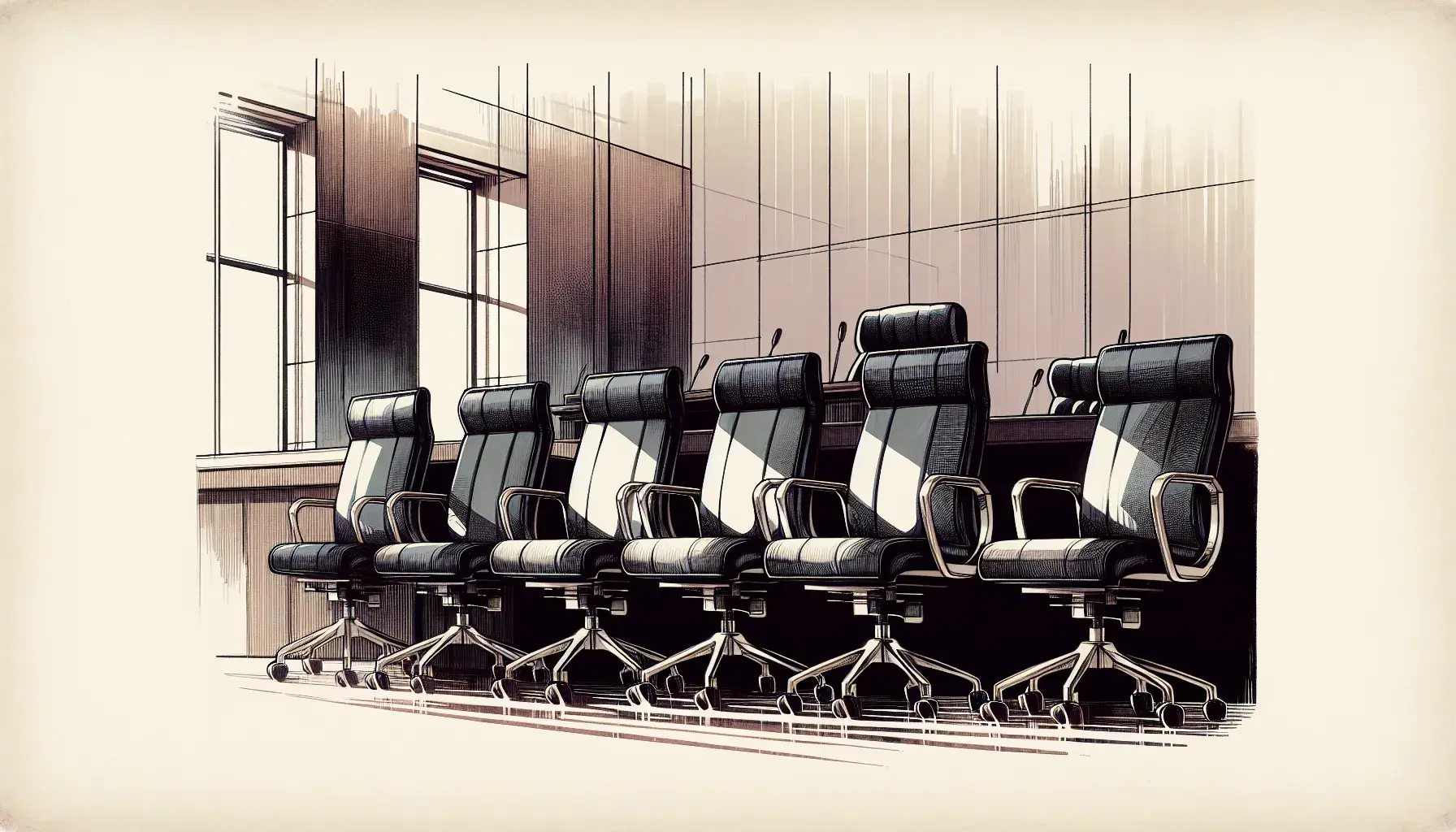Apply for Westcliff University Today!
❤️ 100% Free Assistance + No Fee + Rewards!
We promise we won't spam your inbox with unnecessary emails. Privacy Policy
Major U.S. companies largely stayed on the sidelines as the Supreme Court took up Donald Trump’s sweeping tariff program, leaving small businesses to lead a high-stakes challenge that could redraw the limits of presidential power and reset trade policy.

The Supreme Court heard more than two hours of arguments on November 5, 2025, over whether the International Emergency Economic Powers Act allows a president to impose broad import tariffs and, if so, whether that delegation of authority is constitutional. The consolidated cases were brought by importers including Learning Resources, an Illinois toymaker, and V.O.S. Selections, a New York wine distributor. Several justices pressed the government’s claim that emergency powers cover tariffs, a tool the Trump administration says is essential for trade and national security. Earlier in the litigation, lower courts found the program unlawful but kept the duties in place while appeals proceed.
The plaintiffs’ roster is dominated by smaller firms that say the levies have driven up costs and uncertainty. By contrast, No major corporations filed briefs supporting the challenge. Instead, industry groups such as the U.S. Chamber of Commerce weighed in, while many large companies pursued carve‑outs or exemptions rather than a public courtroom role. Trump, who once signaled he might attend the hearing, ultimately did not; his treasury secretary appeared on the administration’s behalf to underscore the case’s significance.
The ruling could reshape executive power over trade and determine whether importers are owed substantial refunds from duties collected under the emergency program. Government data cited in court filings suggest the total could approach $90 billion. Potential refunds could approach $90 billion, and a decision limiting presidential tariff authority would reverberate across supply chains, prices, and future negotiations with allies and rivals.
The justices are expected to decide the case by the end of the Court’s current term next year. In the meantime, the tariffs largely remain in effect. A prior request to fast‑track the dispute to the Supreme Court was rejected, ensuring the challenge moved through the normal appellate track before this week’s arguments.
These Related Stories



No Comments Yet
Let us know what you think